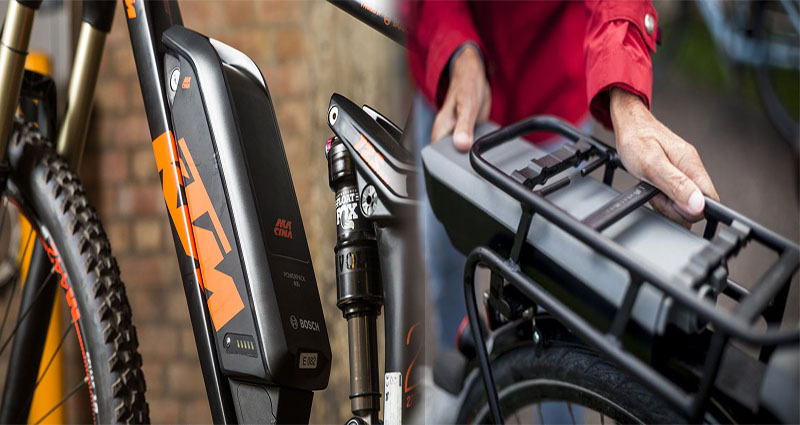E-bikes, or electric bikes, have gained immense popularity in recent years due to their convenience, efficiency, and eco-friendliness. One of the most critical components of an e-bike is its battery, as it determines the overall performance and longevity of the bike. Choosing the right e-bike battery is essential for ensuring long-lasting performance. Here are some key factors to consider when selecting the best e-bike battery:
1. Battery Capacity
Battery capacity is measured in watt-hours (Wh) and indicates how much energy the battery can store. The higher the watt-hours, the longer the battery will last before needing a recharge. Consider your daily commuting needs and choose a battery with sufficient capacity to meet your requirements. If you frequently ride long distances or need to tackle steep terrain, opt for a higher capacity battery to ensure you don’t run out of power during your journey.
2. Battery Weight
The weight of an e-bike battery directly affects the overall weight of the bike. A heavier battery can impact the bike’s handling and maneuverability. It’s important to strike a balance between battery capacity and weight, ensuring that the battery is capable of covering your desired distance without adding unnecessary bulk to the bike.
3. Battery Type
E-bike batteries come in various types, including lithium-ion (Li-ion), lithium polymer (LiPo), and nickel-metal hydride (NiMH). Among these, lithium-ion batteries are the most common and widely used due to their higher energy density, longer lifespan, and superior performance. Li-ion batteries are also lighter compared to other types, making them more suitable for e-bikes.
4. Battery Voltage
Battery voltage determines the power output and directly influences the e-bike’s performance. Higher voltage batteries generally provide more power and can support faster speeds and better acceleration. However, it’s crucial to check if your e-bike motor is compatible with the desired voltage rating. Consult the manufacturer’s guidelines and choose a battery that matches your motor’s voltage requirements.
5. Brand and Reputation
When investing in an e-bike battery, it’s essential to consider the brand’s reputation and reliability. Opt for batteries from reputable manufacturers known for producing high-quality and durable products. Research customer reviews and ratings to gain insights into the brand’s performance and the battery’s overall longevity.
6. Compatibility and Ease of Installation
Ensure that the battery you choose is compatible with your e-bike’s specific model and design. Check for certifications and compatibility lists provided by the manufacturer. Additionally, consider the ease of installation and removal for charging or replacement purposes. Look for batteries that come with user-friendly features such as quick-release mechanisms or easy-to-use mounting brackets.
7. Warranty and After-Sales Support
E-bike batteries can be a significant investment, so it’s essential to choose a battery that comes with a warranty and reliable after-sales support. A good warranty will protect you against any manufacturing defects or premature battery failure. It’s advisable to choose batteries with extended warranty periods to ensure long-term peace of mind.
Selecting the best e-bike battery requires careful consideration of these factors to ensure optimal performance and longevity. Assess your specific needs, consult expert opinions, and compare different options before making a final decision. By investing in a high-quality battery that suits your requirements, you can enjoy long rides and extend the lifespan of your e-bike, enhancing your overall cycling experience.











